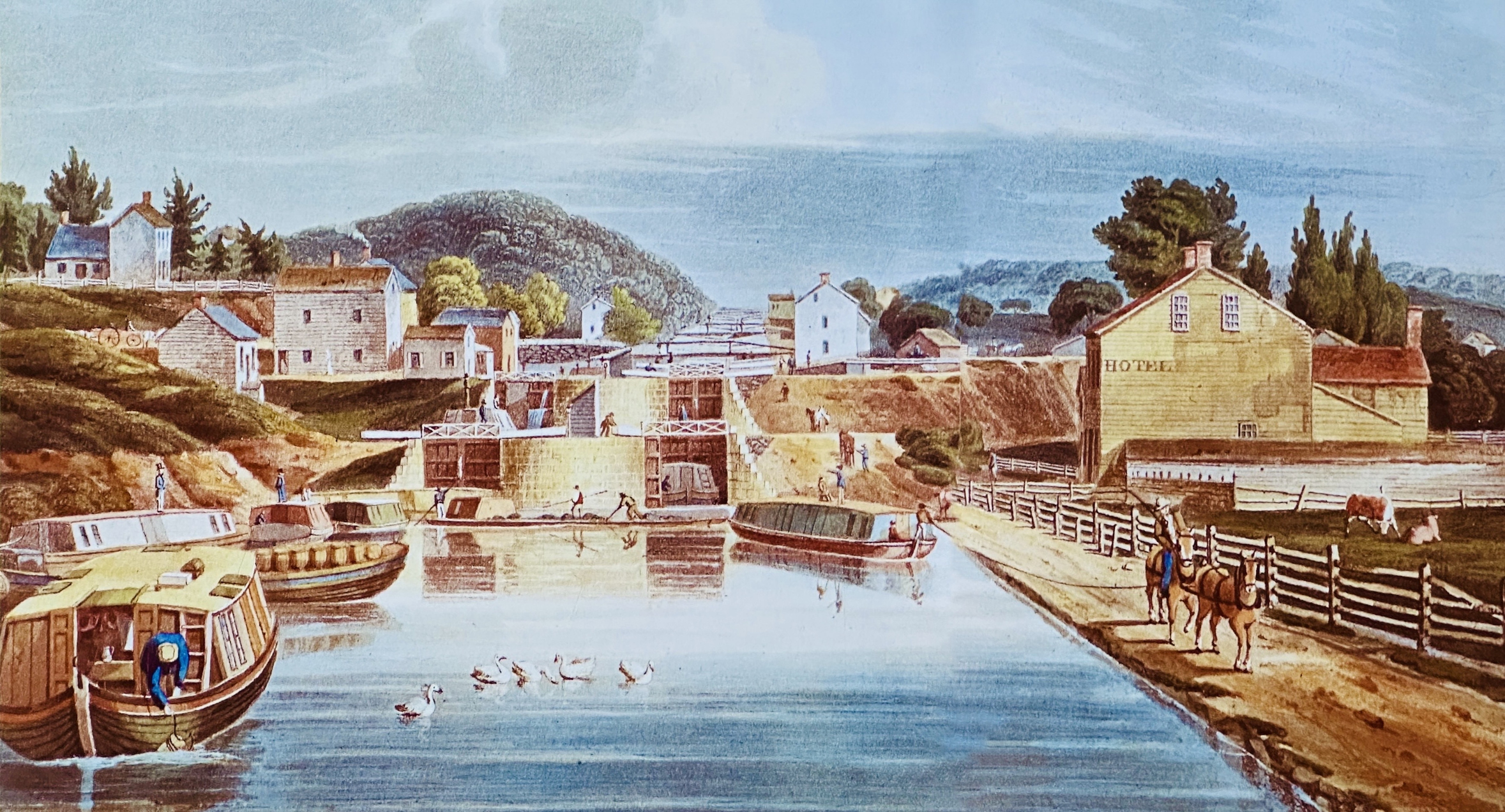Stay Up To Date

5 Things Only Teachers in the World of Advanced Placement* Understand
Teachers who instruct Advanced Placement courses often stand out due to a combination of factors that set them apart within the educational landscape! AP teachers are different because they are not just educators but also mentors, subject-matter experts, and facilitators of academic growth.

Building Financial Foundations: Teaching Financial Literacy to Students at Every Level
April is National Financial Literacy Month, which can easily be translated to classroom activities at every educational level! This crucial skill can empower individuals to make informed decisions about money management throughout their lives.

Choosing What to Teach in Your Secondary Social Studies Curriculum
As a social studies teacher, I find myself wanting to teach my students anything and everything I can about the many subject areas we cover.

Strategies to Teach World War I for Secondary Social Studies
World War I is complicated.

Ten Things Only Social Studies Educators Know
Social studies teachers possess a unique set of skills, knowledge, and perspectives that set them apart in the field of education! Whether in the elementary or secondary classroom, teaching social studies have a broad understanding of various disciplines such as history, geography, economics, political science, and sociology.

Why Teach Secondary Social Studies? Discussing the Essentiality of the Multidisciplinary Subject
In my relatively short time teaching, I have been asked this question numerous times by secondary students: Why are we learning social studies? What’s the point? Why do we need to learn it? Other teachers I have taught with have also been asked this question, which has always fascinated me.

Be the Change: Getting Started with Culturally Responsive Teaching
A key understanding of teaching social studies is that the world around us is constantly changing.

Foster Student-Based Inquiry with a Primary Source Mystery
Inquiry-based activities: necessary for social studies standards, but also a teacher favorite! Try to challenge your students in the classroom with a primary source mystery.

Teaching Social Studies and Geography Through the Erie Canal
The digging of the Erie Canal was a project that used local workers in each section along the canal to build a complex geographical structure to enhance transport and commerce in the United States.